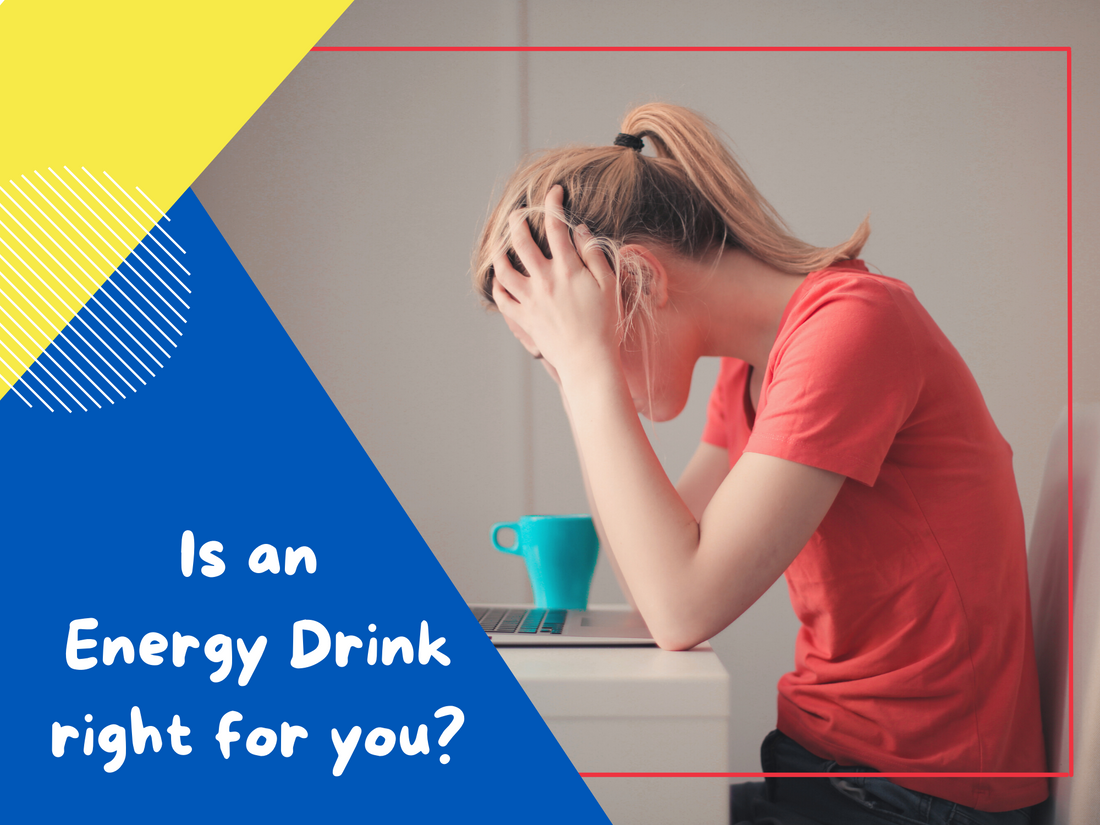Are Energy Drinks for Everyone?
There are many health benefits to drinking Teacher Power energy drinks. With no added sugar and a strong dose of B-vitamins, it’s no wonder that Teacher Power Energy Drinks provide teachers around the country with a much-needed energy boost.
Our Immunity-Boost drinks (Caramel Apple and Wassail) include more great ingredients like elderberry, ginger, and curcumin, which were carefully selected to keep you strong, healthy, and energized.
But are energy drinks for everyone? At Teacher Power, your health is our number one priority, and we encourage you to consider the question carefully. Even the healthiest of energy drinks may not be right for everyone.
Here are some health factors to consider when deciding whether energy drinks are right for you.
High Blood Pressure
Do energy drinks cause high blood pressure?
There is significant medical evidence suggesting that caffeinated beverages like energy drinks can raise blood pressure dramatically in the short term. Studies suggest that this change in blood pressure is most drastic in those who do not regularly consume caffeine.

Does caffeine affect blood pressure medication?
Caffeine can impact the effectiveness of calcium channel blockers like felodipine, which are commonly prescribed to treat high blood pressure or hypertension. Calcium channel blockers lower blood pressure by widening the blood vessels. Caffeine increases the speed at which the heart beats, making blood flow faster, which increases blood pressure and counteracts the effects of the calcium channel blockers.
Should I use energy drinks if I have high blood pressure?
If you have high blood pressure, you know that changes in blood pressure must be carefully monitored. Though individuals with hypertension don’t necessarily need to completely eliminate caffeine from their diets, they should keep close track of how caffeine affects their blood pressure and limit intake if necessary.
People with high blood pressure should be careful to limit their caffeine intake before engaging in activities that raise blood pressure, like exercise. Most multivitamin supplements are safe for those with high blood pressure.
Consult your doctor if you are being treated for high blood pressure and wish to drink caffeinated beverages like Teacher Power. Since they know the details of your medical history, symptoms, and treatment plan, they can provide more personalized, expert advice.
Insomnia
If you suffer from insomnia, frequent nightmares, or generally poor sleep quality, cutting back on caffeine might provide some relief.
The caffeine in a morning cup of Teacher Power can help you feel more alert and improve your cognitive functioning. But drinking a caffeinated beverage up to six hours before going to bed can impair the quality of your sleep, leaving you even more tired and out of sorts when you wake up.
Anxiety
Caffeine can worsen anxiety symptoms (though it has not been found to actually cause anxiety). If you are an anxious person or suffer from an anxiety disorder, then energy drinks might not be for you.
Caffeine is a psychostimulant drug that affects the central nervous system. It can cause symptoms like shakiness and a rapid heartbeat. Caffeine may trigger panic attacks in those with anxiety disorders.
Pregnancy and Breastfeeding
Pregnant people, and those who expect to soon become pregnant, should limit their caffeine consumption. An excess of caffeine can increase the risk of miscarriage. However, it is perfectly safe for a pregnant person to consume up to 300mg of caffeine each day (that’s three servings of Teacher Power).
Nursing mothers should also limit their caffeine use since caffeine can pass through breast milk. Drinking breastmilk with traces of caffeine can cause the child to be irritable, restless, sleep less soundly, and experience more frequent bowel movements.
Prescription Medications

When weighing the benefits of energy drinks against the potential side effects, consider how caffeine may interact with the medications you take. Below is a list of medications that may react poorly to caffeine, along with some of the side effects you may experience when you consume caffeine while using the medication.
- Ephedrine: anxiety, heart palpitations, nausea, vomiting
- Antibiotics: headache, increased heart rate, prolonged and heightened effects of caffeine
- Anticoagulants/Antiplatelets: slow blood clotting, increase the risk of bruising and bleeding
- Antidepressants: nervousness, increased blood pressure, rapid heartbeat
Teacher Power

Energy drinks are not for everyone. But you can still support Teacher Power's mission to power teachers with tasty, energizing, and cost-effective energy drinks. Brighten someone's day with a Teacher Power eGift card. You can also show your proud teacher spirit by donning one of our cute and comfy “Teaching is a Work of Heart” t-shirts.
The content of Teacher Power’s website is for information only, not advice or guarantee of outcome. Information is gathered and shared from reputable sources; however, Teacher Power is not responsible for errors or omissions in reporting or explanation. No individuals, including those taking Teacher Power products, should use the information, resources or tools contained within to self-diagnosis or self-treat any health-related condition. Teacher Power gives no assurance or warranty regarding the accuracy, timeliness or applicability of the content.
By: Meg Bywater
Sources:
“8 Heart Health Supplements to Take – and One to Avoid.” PeaceHealth, HealthyYou, 16 Apr. 2020, https://www.peacehealth.org/healthy-you/8-heart-health-supplements-take-and-one-avoid.
Brazier, Yvette. “Caffeine May Complicate Blood Pressure Treatment and Diagnosis.” Medical News Today, MediLexicon International, 4 Sept. 2016, https://www.medicalnewstoday.com/articles/312685.
Lopez-Jimenez, Francisco. “What Caffeine Does to Blood Pressure.” Mayo Clinic, Mayo Foundation for Medical Education and Research, 8 June 2021, https://www.mayoclinic.org/diseases-conditions/high-blood-pressure/expert-answers/blood-pressure/faq-20058543.
Pacheco, Danielle. “Caffeine's Connection to Sleep Problems.” Sleep Foundation, 22 Jan. 2021, https://www.sleepfoundation.org/nutrition/caffeine-and-sleep.
Pham, David A. “How Do Coffee and Caffeine Affect Anxiety? - Goodrx.” GoodRx Health, 4 Oct. 2019, https://www.goodrx.com/conditions/generalized-anxiety-disorder/does-coffee-caffeine-cause-anxiety.
Richards, Louisa. “Does Coffee Raise Blood Pressure, and Should I Drink It Regularly?” Medical News Today, MediLexicon International, 10 Aug. 2020, https://www.medicalnewstoday.com/articles/does-coffee-raise-blood-pressure#when-to-stop.
Seladi-Schulman, Jill. “ECA Stack: Safety, Results, and More.” Healthline, Healthline Media, 23 Aug. 2017, https://www.healthline.com/health/eca-stack.

